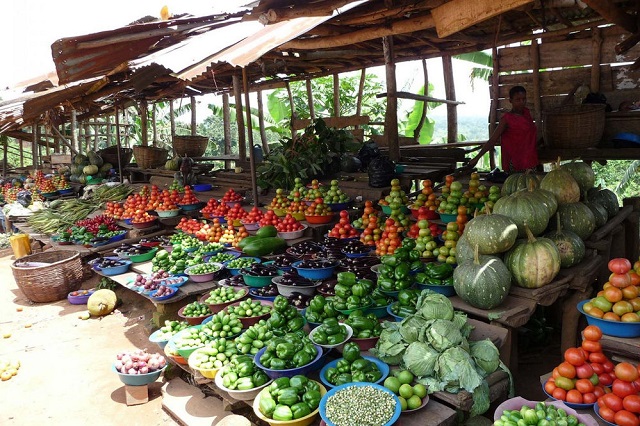
Kampala, Uganda | THE INDEPENDENT | Food insecurity is increasingly threatening some parts of the country and could lead to severe malnutrition and death, if not tackled urgently.
Current reports from the severely hit regions like Karamoja, indicates that more than half a million people are going hungry and have little hope to get what to eat the following day as a result of natural disasters, plagues of locusts and army worms, and raids by heavily-armed cattle thieves.
In an interview, Ezra Kalule, the KHEA Project Officer at PELUM Uganda said, Uganda’s food security situation is worrying because from the analysis, staple food prices like sorghum and maize have continued to increase in recent months and are higher than prices recorded last year and five-year average levels across most of Uganda.
“This puts our households in danger of facing hunger,” Kalule told The Independent.
Last month’s data from Uganda Bureau of Statistics (UBOS) indicates that food crops prices rose to 14.5% from 13.6% in June and May respectively.
This increase contributed to the overall headline inflation increase that was recorded at 6.8% in June 2022 from 6.3% in May 2022.
Policy suggestions
Kalule said, Uganda should advocate for policies that ensure availability, accessibility, affordability of food in the quantities and qualities sufficient to satisfy the dietary needs of individuals sustainably; policies that advocate for nutrition education and training is incorporated in formal and informal spaces in order to improve the knowledge and attitudes for behavioral change of communities in food and nutrition-related matters.
Embrace organic agriculture
In a related development, PELUM has for many years been implementing food related campaigns in separate parts of the country, the latest being one on organic food dubbed ‘The Know What You Eat Campaign’ that started in the middle of last month and ends on July 16.
PELUM executives and partners say, eating organic food as opposed to the inorganic type helps to create a healthier food system for everyone, from farm to table.
He said, the campaign, which discourages consumption of genetically modified foods, has reached out to men, women, and children who plant, tend, and harvest the food.
For the campaign to succeed, Kalule said, they are engaging other parties like the government through the agriculture ministry and other civil society organisations. For instance, Kalule said, such campaigns have been pushed through the National Organic Agricultural Policy that advocates for consumption of organic foods.
In terms of success, Kalule said, “at least we have been approached by The International Federation of Organic Agriculture Movements (IFOAM) to jointly run this campaign with the ‘I Grow Your Food’ campaign.
IFOAM learned about PELUM’s ‘Know What You Eat Campaign’ from social media handles.
 The Independent Uganda: You get the Truth we Pay the Price
The Independent Uganda: You get the Truth we Pay the Price






ok. Food is the key of wealth and life. Atetetwekwasa government ya MZEE YKMU7, Buli district efuna burikimu ekyaliyambye kukyemere yegwaanga, nayebwebituka mumikono gyabakozi bebya agriculture ku district, baryaburi…